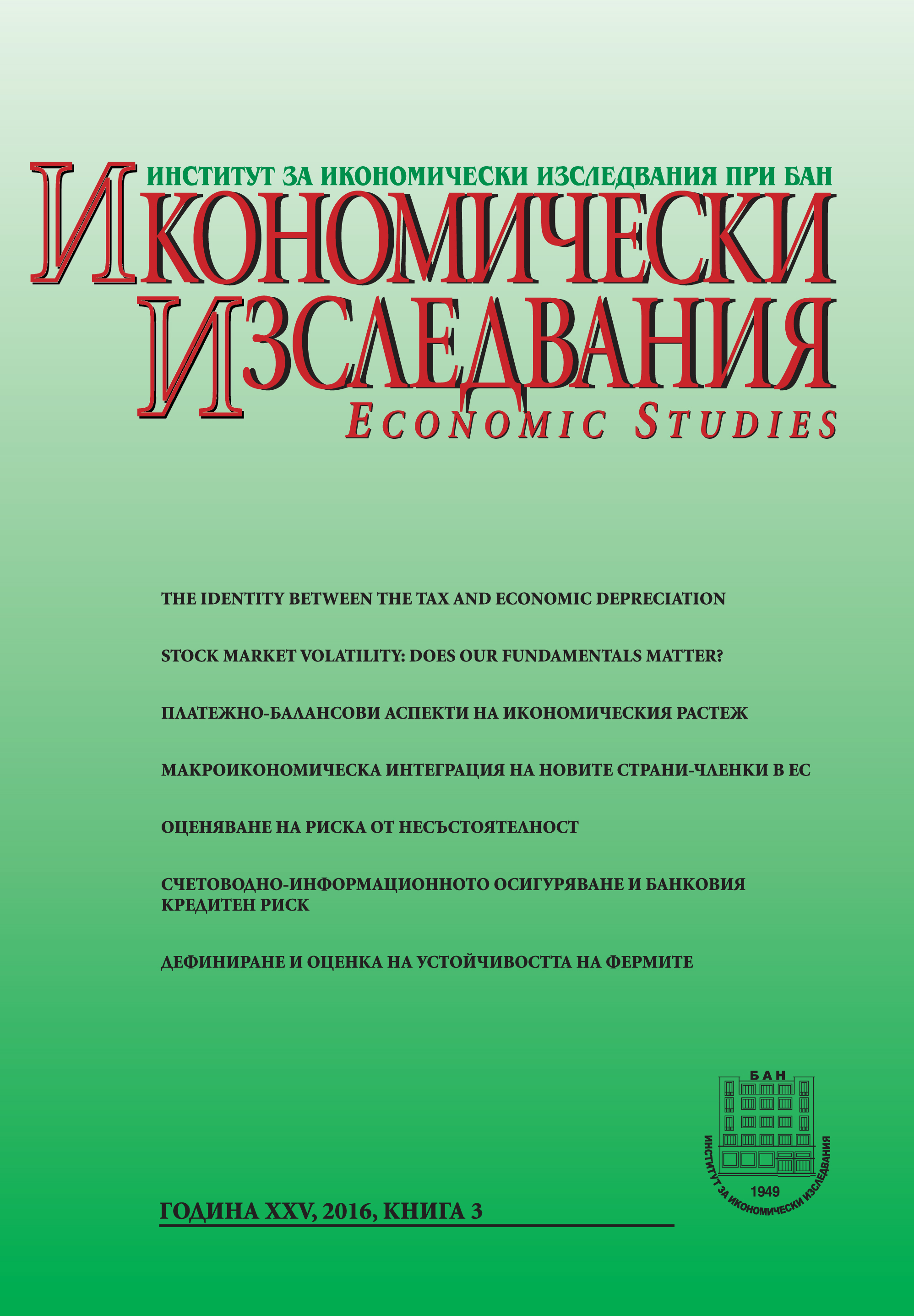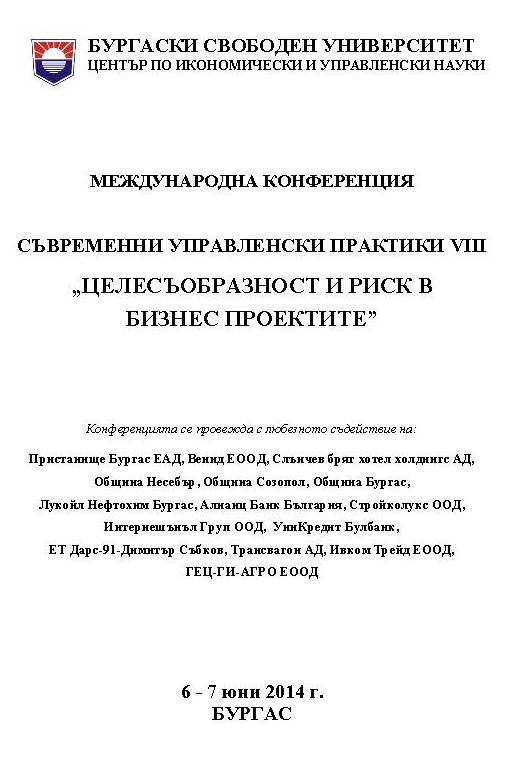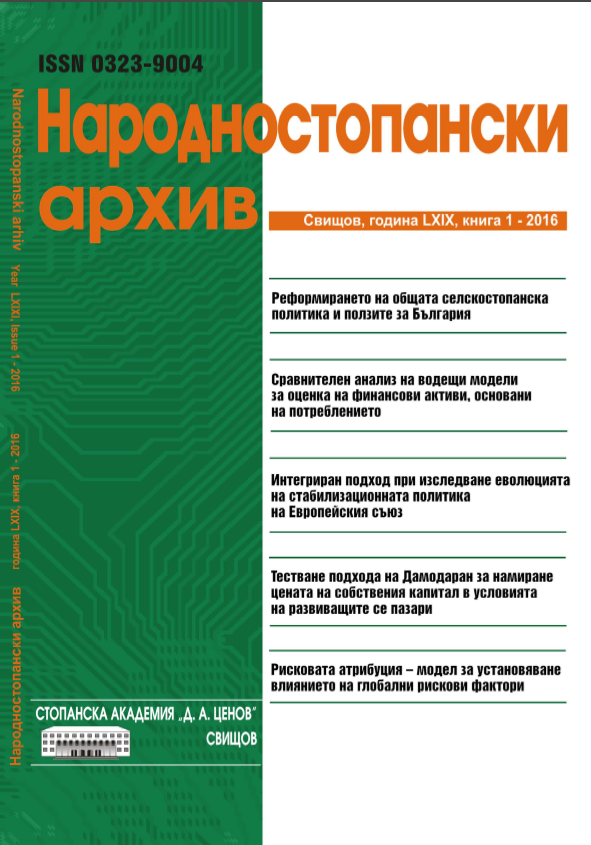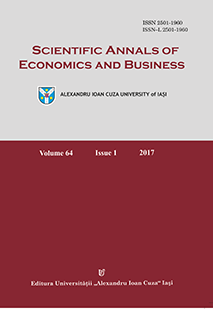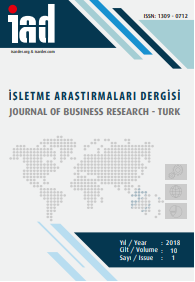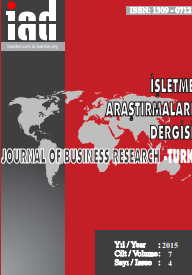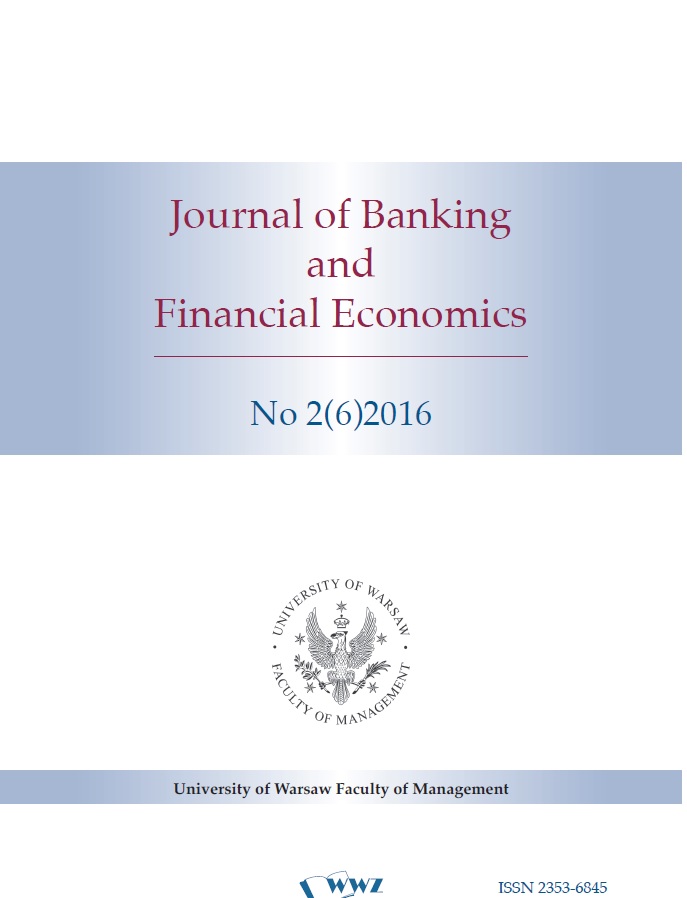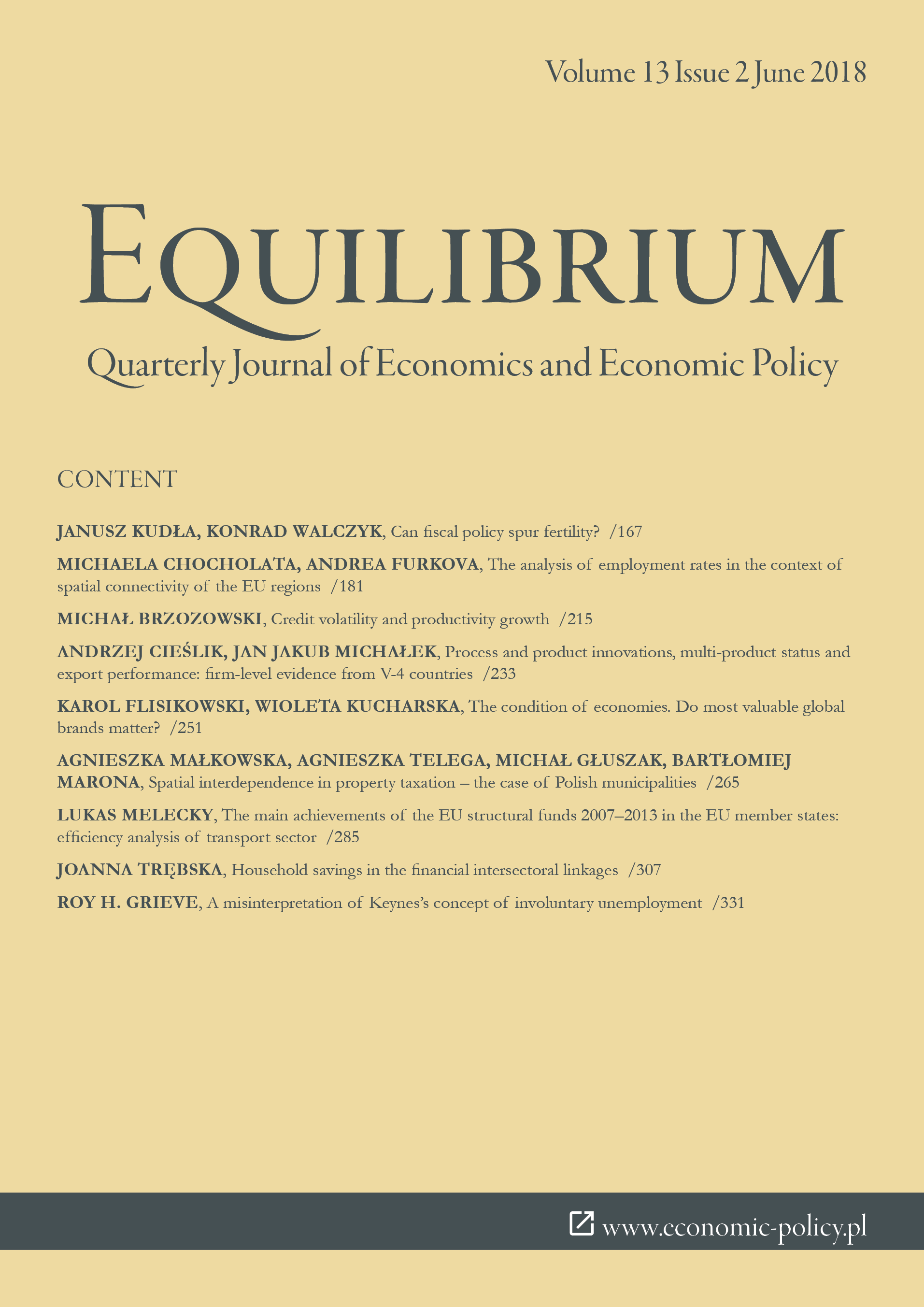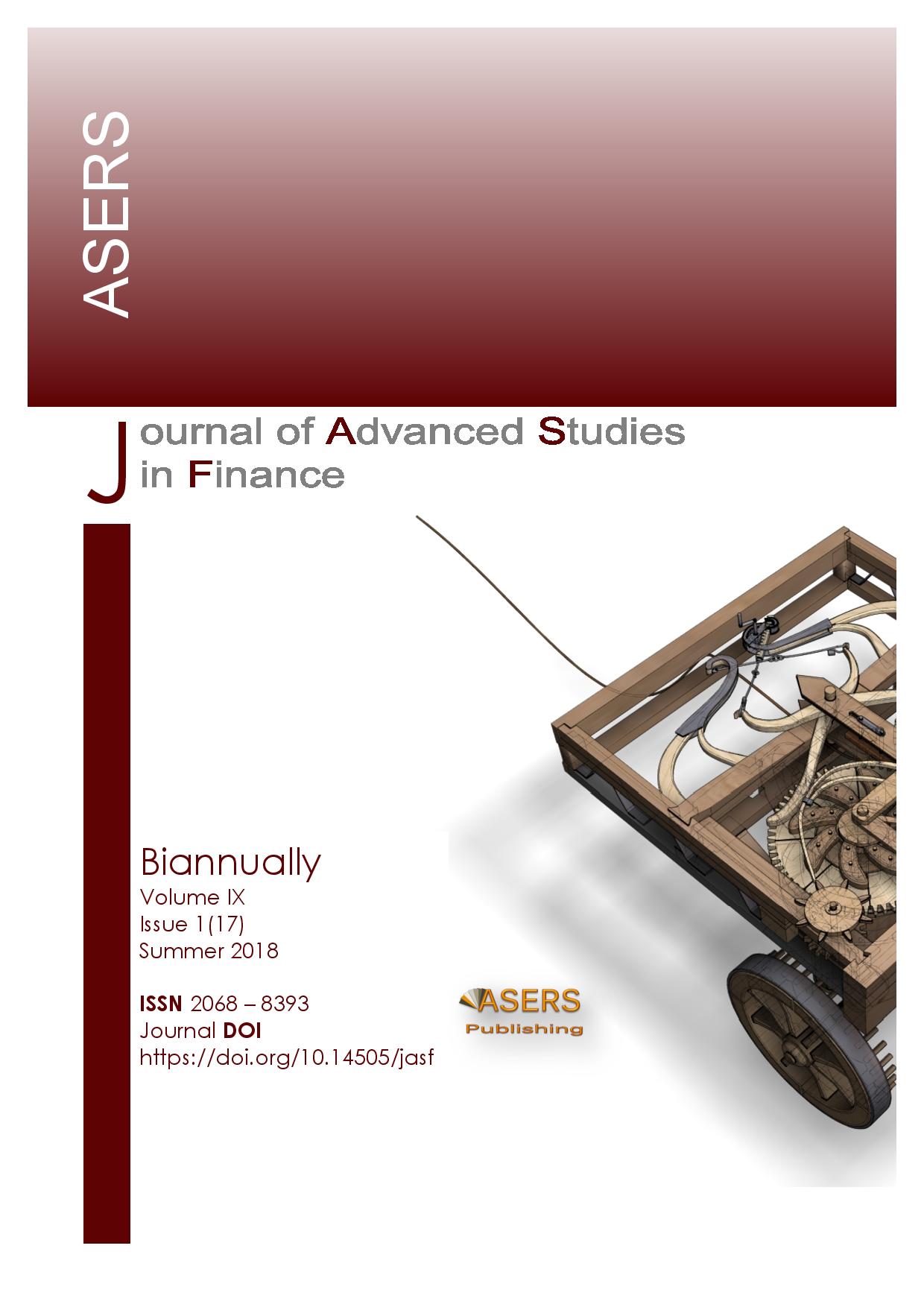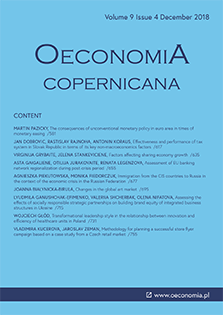Collective Institutional Entrepreneurship in Initiating Public-Sector Shared Service Centers
The last decade has witnessed an increasing emergence of shared service centers(SSCs) in the public sector. While the motives for an SSC and its implementationchallenges have received sufficient scholarly attention, little is known about theprocesses that lead to the introduction of the SSC model in the public sector. Theaim of this research is to explain the initiating stage of public-sector SSCs withinone organizational field (public-sector financial accounting). The research is guidedby institutional entrepreneurship and designed as a multiple-case study. The findingsof this research indicate that the public-sector SSCs are initiated by a smallgroup of change agents who only collectively have the necessary skills, knowledgeand position to change the organizational field. Rather than using a collaborativestrategy suggested by the SSC literature, the public-sector SSCs are initiated ascentralizations.
More...

